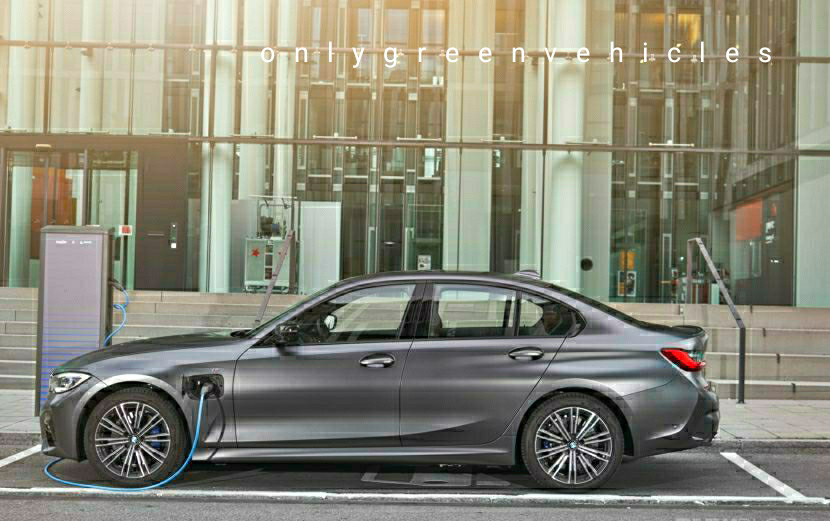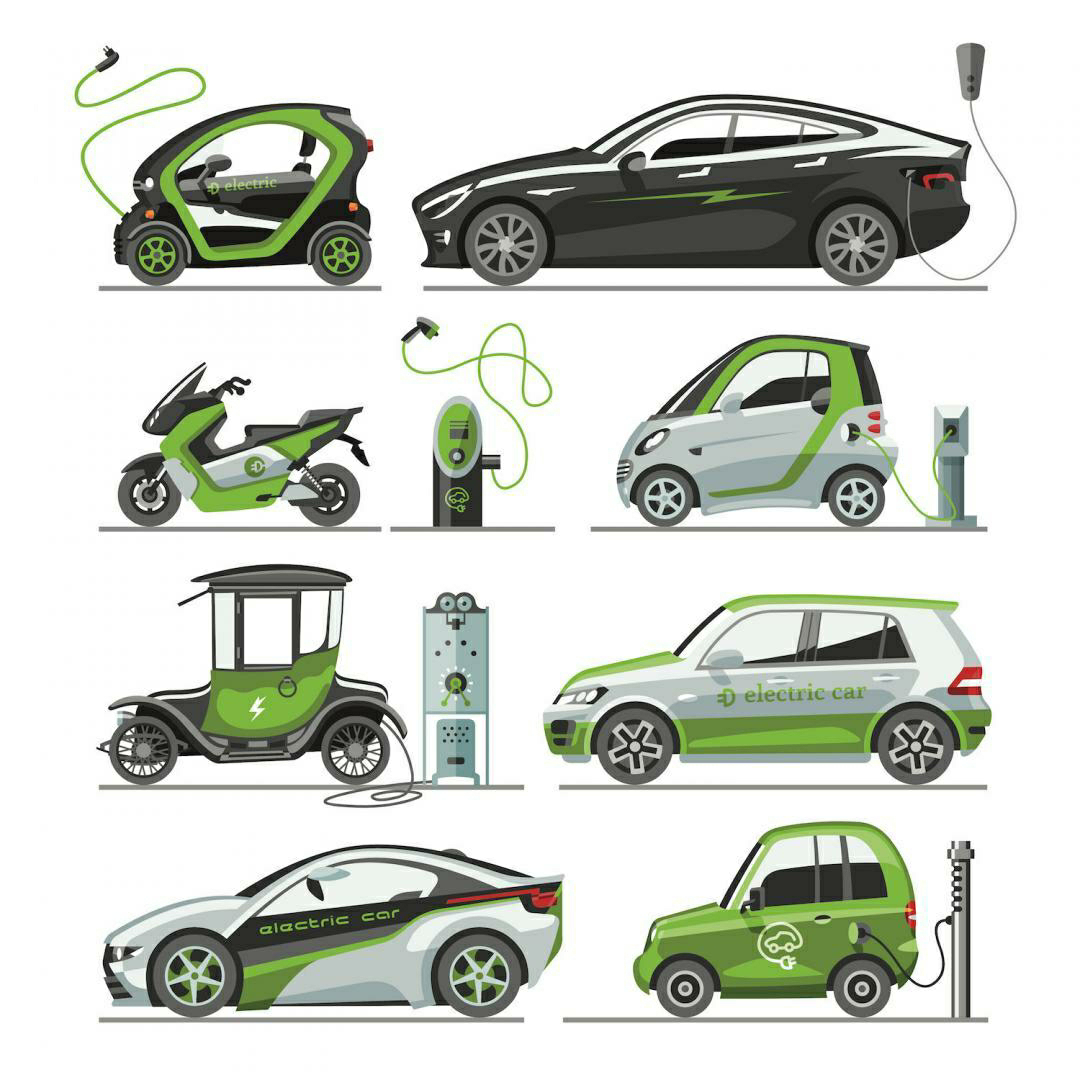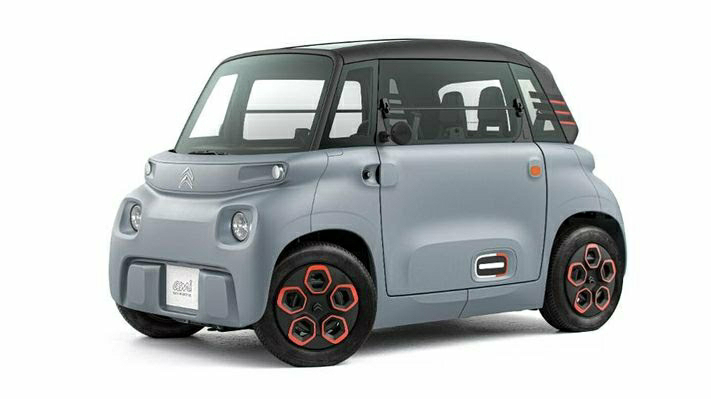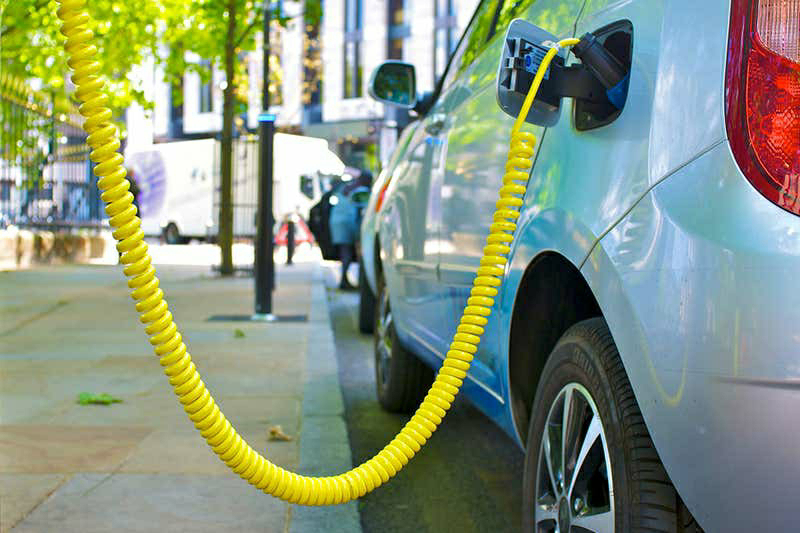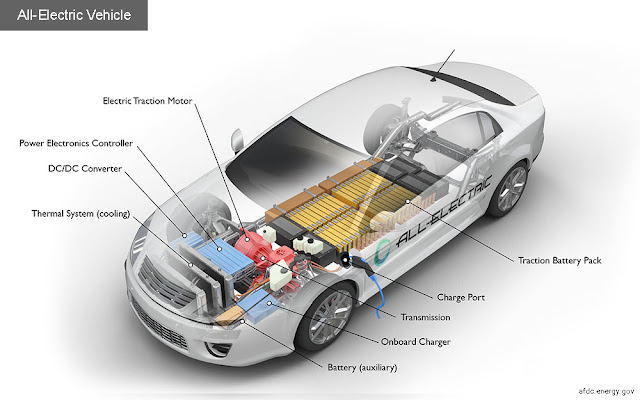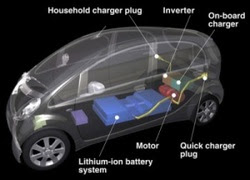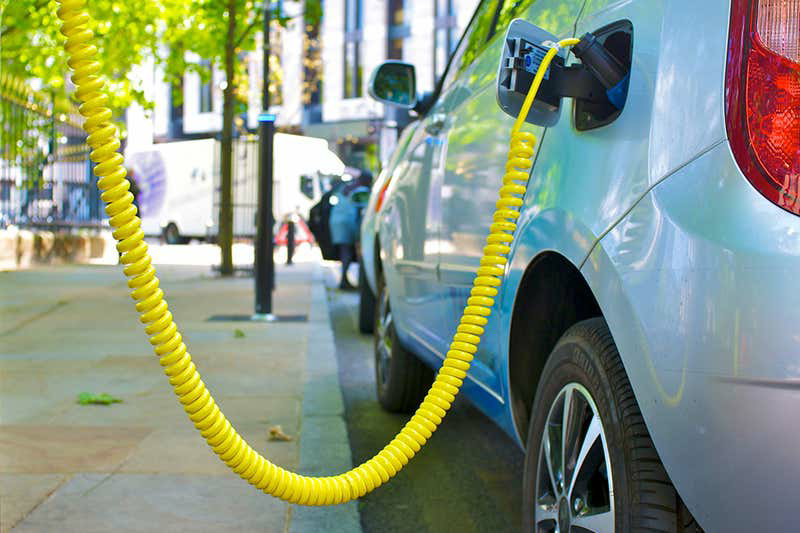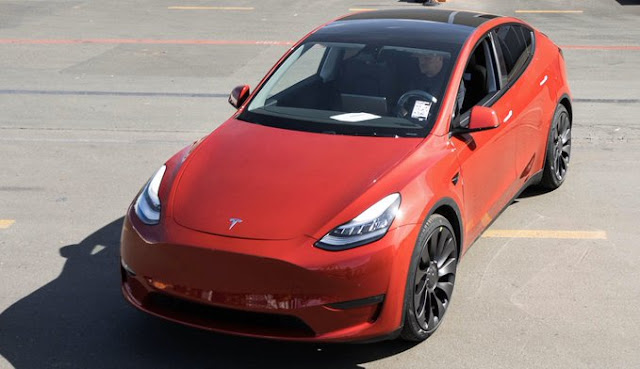2020 TOYOTA RAV4
Right about the time I’d passed 30 miles of all-electric driving with the RAV4 Prime plug-in hybrid, I knew this experience was going to be different. There was plenty of charge left. With an expected EPA-rated 42-mile range from a big 18.1-kwh battery pack, the RAV4 Prime promises to transport commuters to work and back again without tailpipe emissions or the need to find another charge along the way. And then it becomes a 38-mpg hybrid after running through the charge, That and the Prime's suggested availability across the U.S., not just in California or a few select states, means it picks up right where the Chevy Volt left off . Even better, it is the hottest crossover in these crossover-crazy times. The RAV4 is not only the top-selling SUV in the U.S. market for three years; the RAV4 Hybrid was also the top-selling hybrid in America last year—handily outselling the Toyota Prius. The Prime finally checks nearly all the tech and special-needs boxes. It has a
